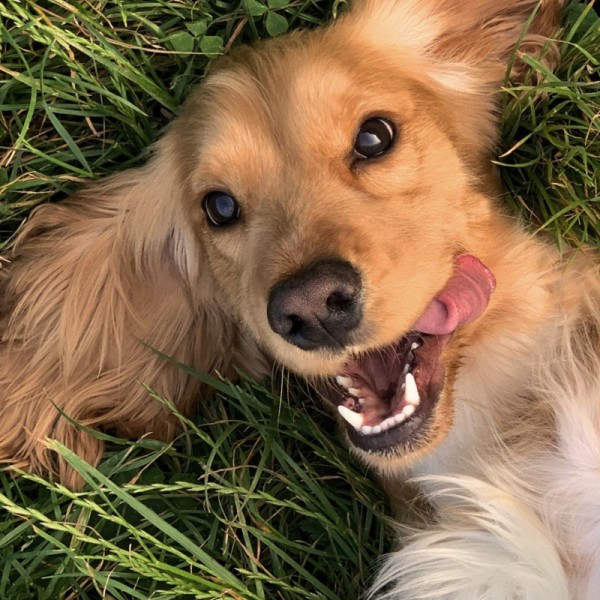Check the teeth
When plaque builds up, dogs and cats can develop dental problems just like humans. This can cause inflamed gums, which is not only painful, but can even cause teeth to fall out. So it is important to take good care of your dog or cat's teeth. For example, you can ask the vet to clean the teeth annually. There is also special pet toothpaste and snacks and food that the dog or cat can chew to clean its teeth.
If your dog or cat has smelly breath and brown deposits on its teeth, it is advisable to seek advice from a vet. Red gums can also indicate inflamed gums. A healthy dog or cat does not have bad breath, so this could be an indication that the teeth are not in order.


